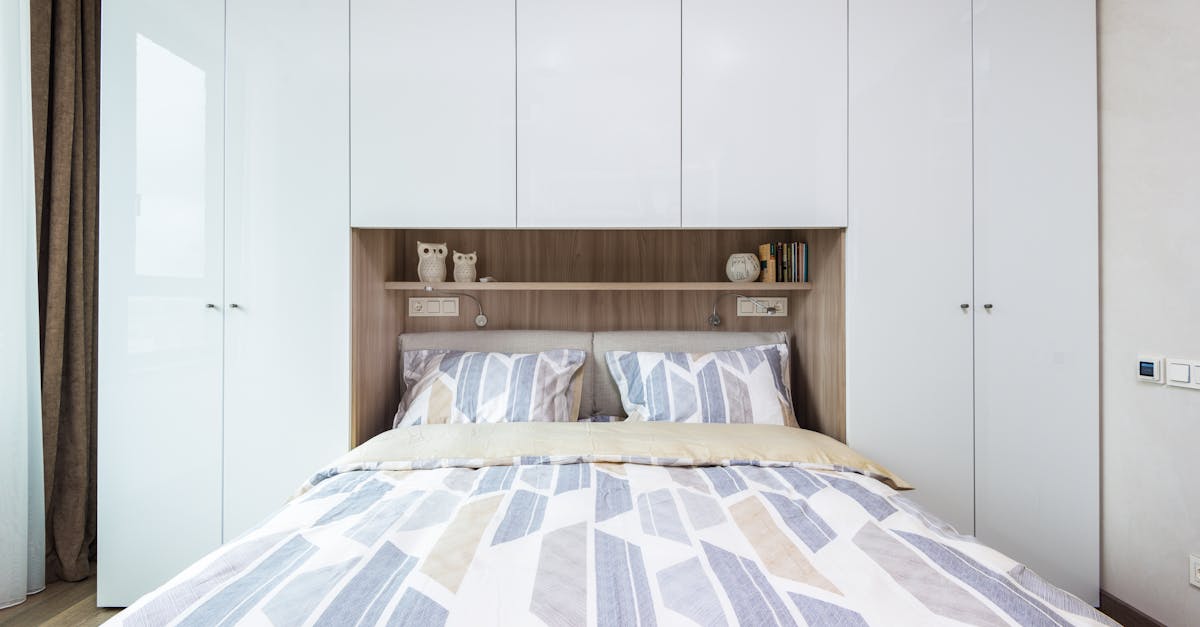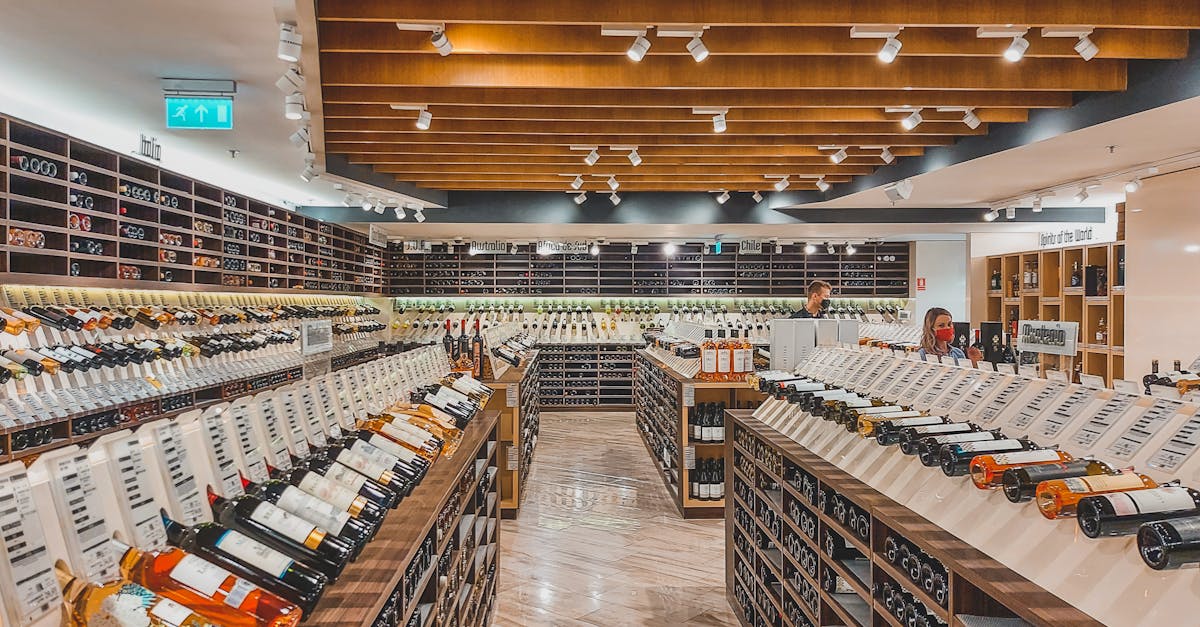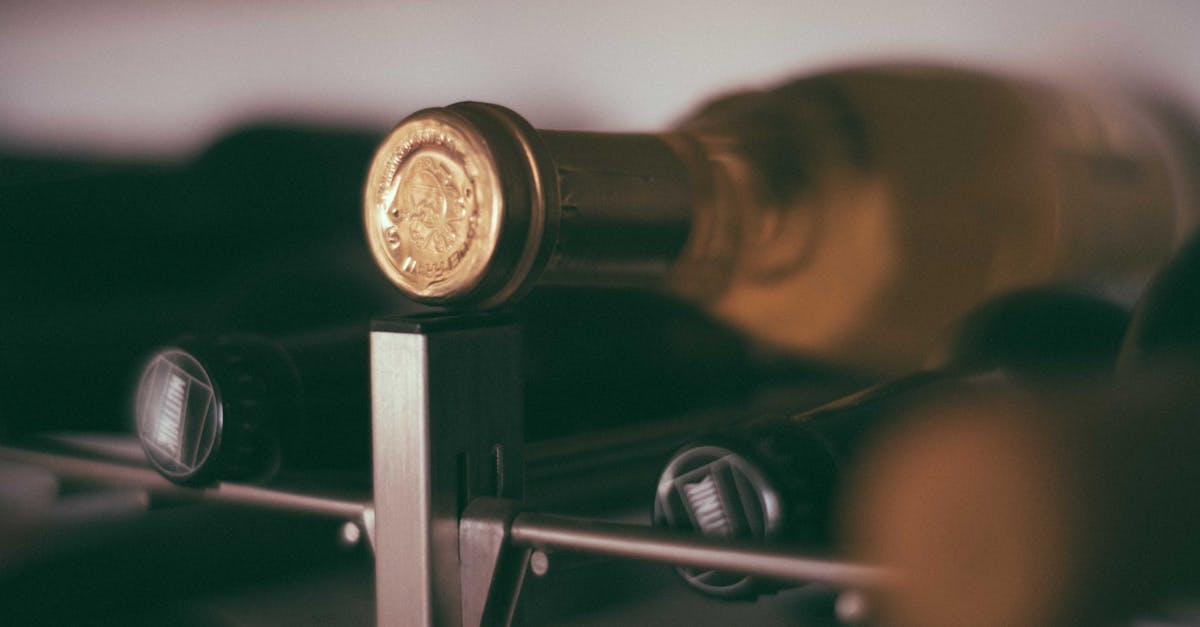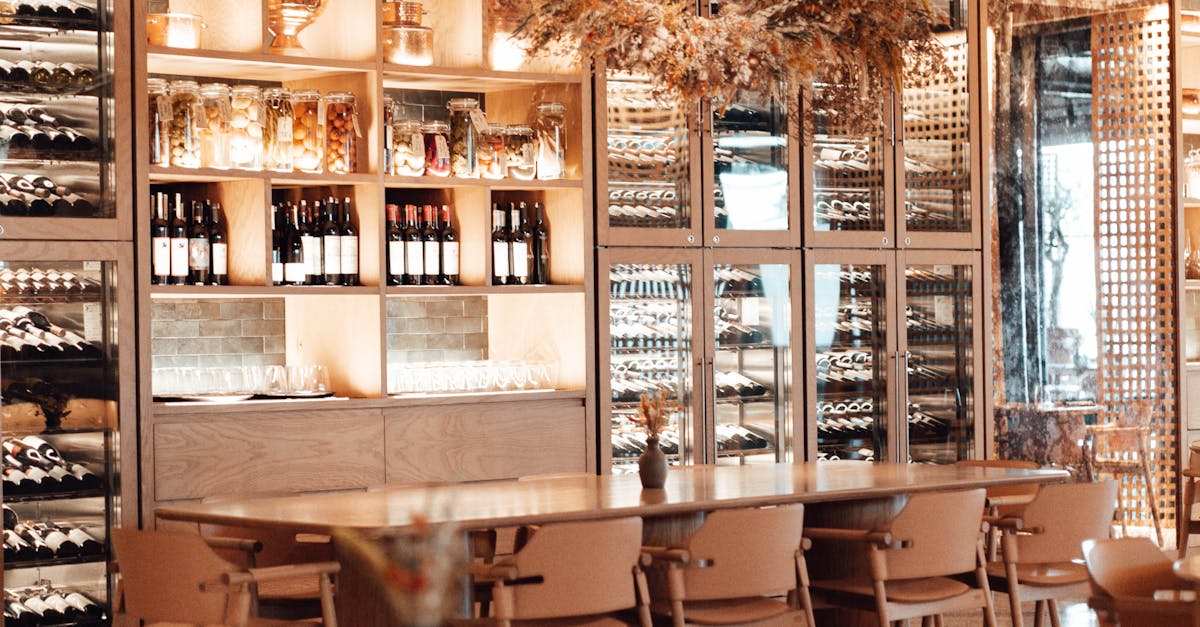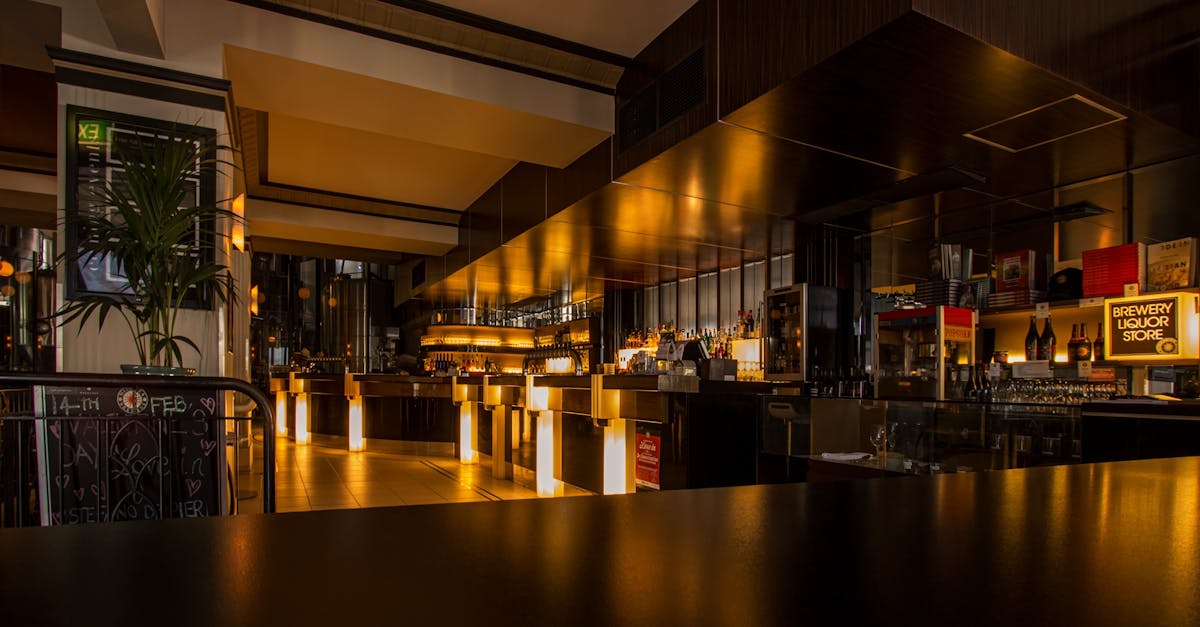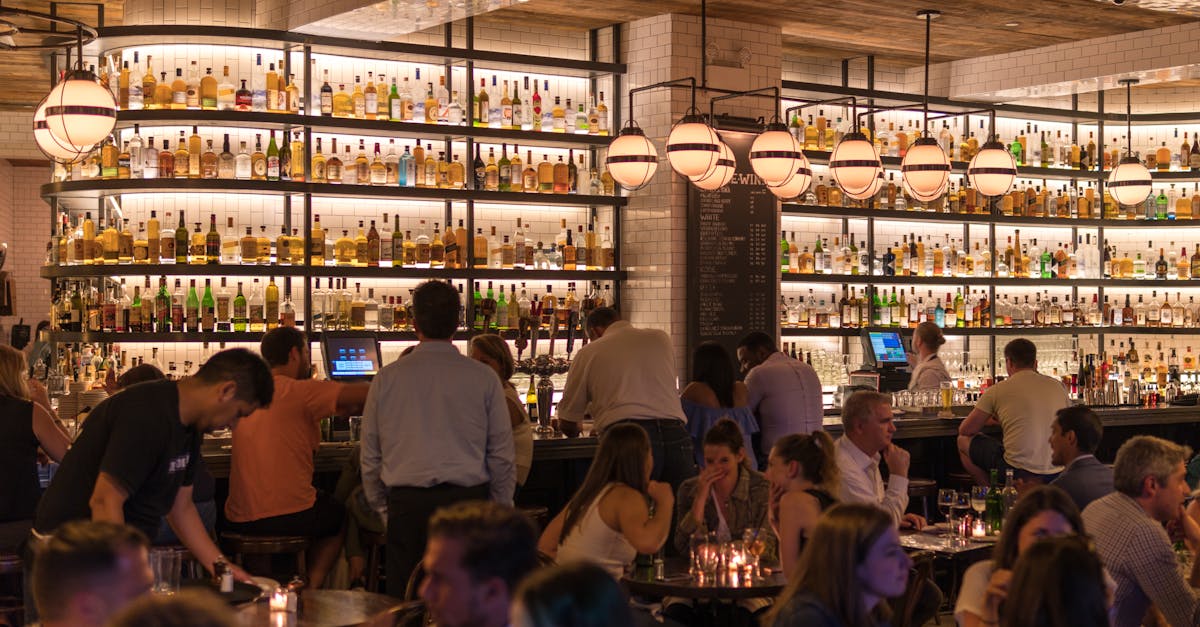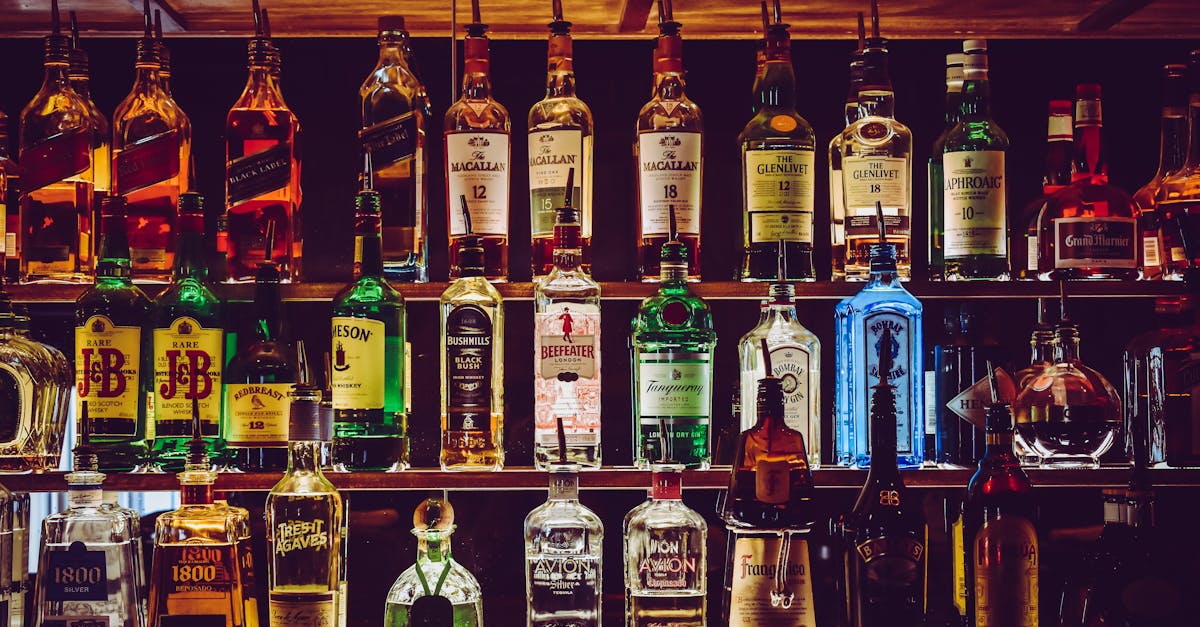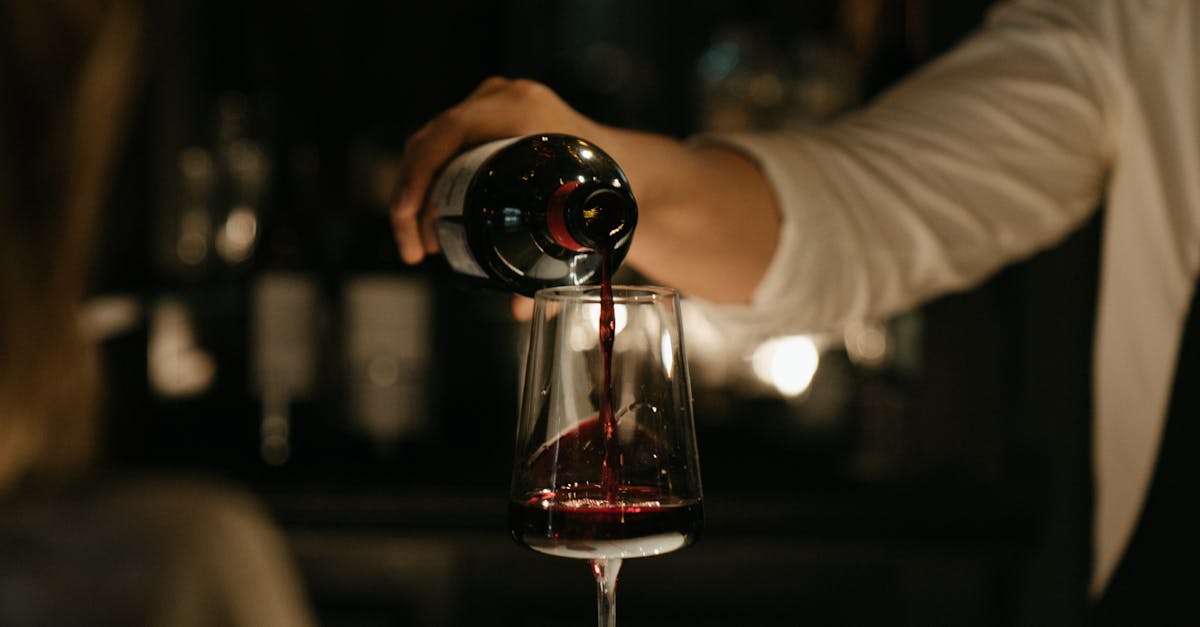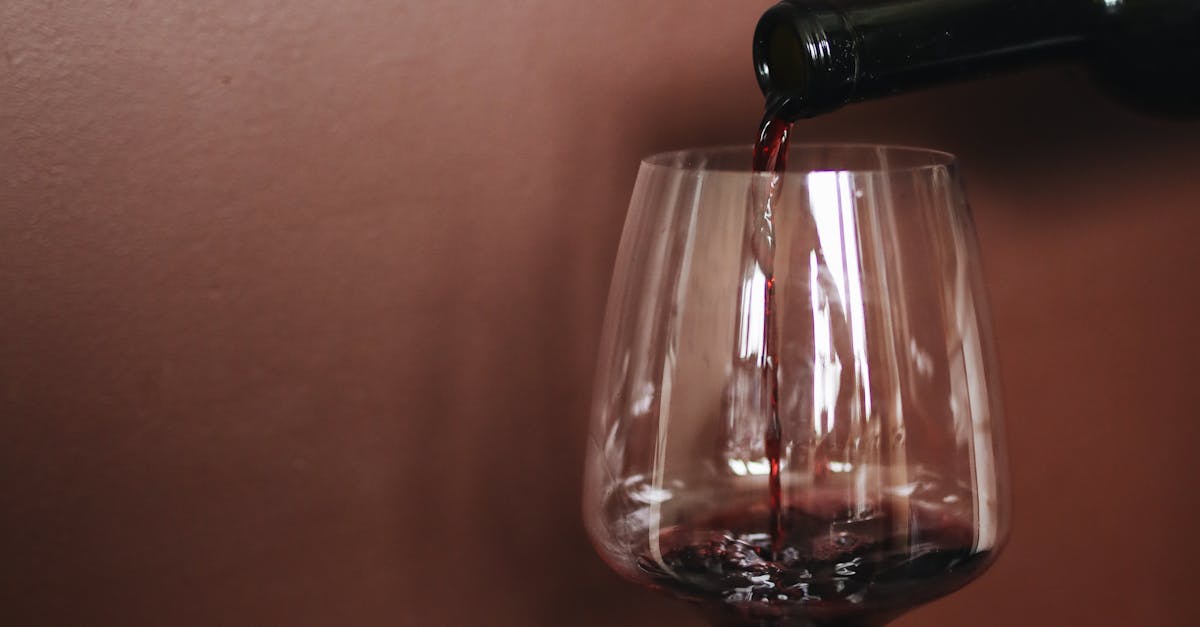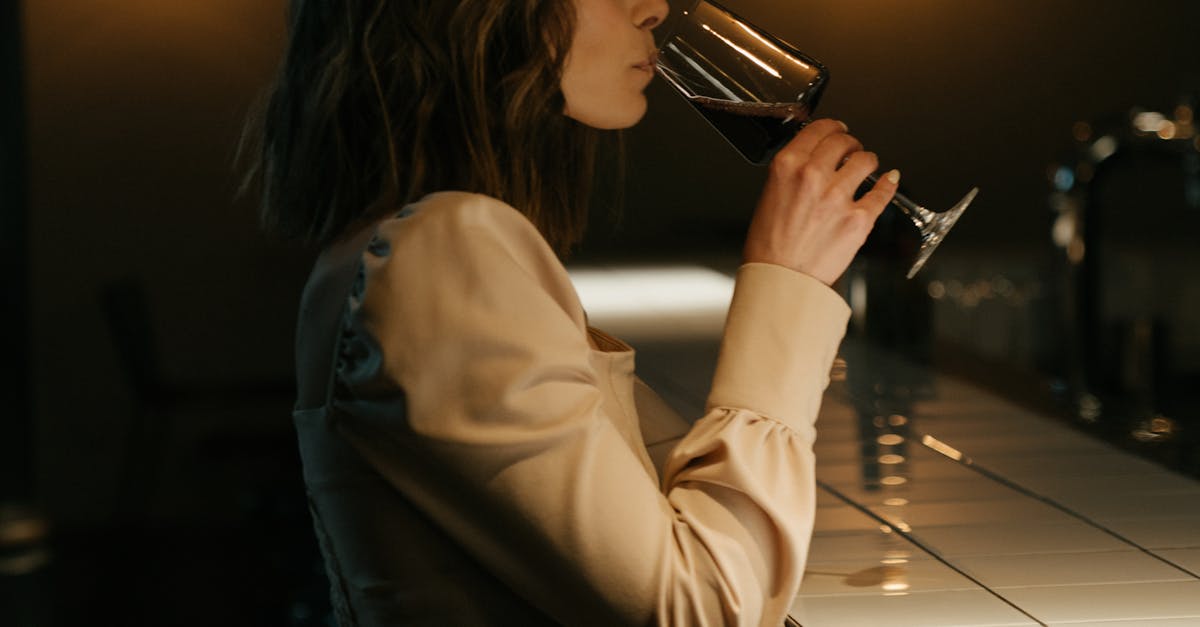
Table Of Contents
Understanding the Role of Ventilation in Wine Preservation
Proper ventilation is a critical element in maintaining the quality and longevity of wines stored in a cellar. Custom Bars and Wine Cellars require adequate airflow to ensure that the delicate balance of temperature and humidity is maintained, ultimately preserving the flavors of the wines. Without sufficient ventilation, the air inside the cellar can become stale, leading to the growth of mold and mildew, which can compromise the quality of the wines stored within.
Additionally, ventilation plays a key role in preventing musty odors from developing in the cellar, which can negatively impact the aromas and flavors of the wines. By allowing for the exchange of air, ventilation helps to minimize any unwanted odors and maintain a fresh environment within the cellar. Proper ventilation is essential not only for preserving the quality of wines but also for creating a pleasant and enjoyable space for wine enthusiasts to store and savor their collections.
Effects of Poor Ventilation on Wine Quality
Poor ventilation in wine cellars can have detrimental effects on the quality and longevity of wines. Without proper airflow, the accumulation of musty odors, mold, and mildew can taint the wine, altering its taste and aroma. Additionally, insufficient ventilation can lead to fluctuating humidity levels, which can negatively impact the aging process of the wines stored in the cellar. Custom Bars and Wine Cellars experts emphasize the importance of adequate ventilation to maintain optimal conditions for wine storage.
Moreover, inadequate ventilation can result in the buildup of harmful gases, such as sulfur dioxide, which are byproducts of the fermentation process in wine. These gases can react with the cork and ultimately penetrate the wine, causing off-flavors and spoilage. It is essential to implement proper ventilation systems in wine cellars to regulate air quality and prevent the accumulation of unwanted odors and gases that can compromise the integrity of the stored wines.
Innovative Ventilation Solutions for Modern Wine Cellars
Innovative Ventilation Solutions for Modern Wine Cellars
Custom Bars and Wine Cellars offer state-of-the-art ventilation solutions tailored for modern wine cellars. These solutions are designed to maintain optimal humidity levels and prevent mold growth, ensuring the long-term preservation of your wine collection. By incorporating advanced ventilation technology, such as ducted systems and in-line fans, Custom Bars and Wine Cellars can create a controlled environment that protects the quality and flavor of your wines.
Furthermore, Custom Bars and Wine Cellars provide customizable ventilation solutions that cater to the specific needs of each wine cellar. Whether you have a small residential wine storage area or a large commercial cellar, their ventilation systems can be adapted to suit the size and requirements of the space. With a focus on energy efficiency and performance, Custom Bars and Wine Cellars set the standard for innovative ventilation solutions in the wine industry.
Integration of Smart Ventilation Systems
To meet the evolving needs of wine enthusiasts, integrating smart ventilation systems in wine cellars has become a paramount consideration. These advanced systems offer precise control over temperature and humidity levels, crucial factors in maintaining the quality of stored wines. Custom Bars and Wine Cellars are increasingly incorporating smart ventilation solutions that not only regulate environmental conditions but also provide real-time data monitoring and adjustment capabilities.
The integration of smart ventilation systems caters to the desire for efficient, sustainable, and user-friendly wine storage solutions. By leveraging technologies like sensors, automated controls, and remote access features, wine cellar owners can optimize the storage environment without constant manual intervention. Custom Bars and Wine Cellars are at the forefront of this technological shift, offering bespoke solutions that ensure wines are preserved under ideal conditions, thus enhancing their aging potential and overall quality.
Regulations and Guidelines for Wine Cellar Ventilation
Regulations and guidelines for wine cellar ventilation are crucial elements to consider when designing or renovating a wine storage space. Proper ventilation not only ensures the longevity of the wine but also maintains its quality and flavor profile. Custom Bars and Wine Cellars recommends adhering to industry standards to guarantee optimal storage conditions for your wine collection.
For commercial wine storage facilities, compliance requirements regarding ventilation might be stricter to meet regulatory standards. It is essential to consult with professionals in the field to ensure that the ventilation system in place aligns with legal specifications. By following these regulations, wine cellar owners can create an environment that promotes proper air circulation and humidity levels, ultimately safeguarding the integrity of their wines.
Compliance Requirements for Commercial Wine Storage Facilities
Compliance requirements for commercial wine storage facilities are put in place to ensure the safety and quality of the stored wines. Custom Bars and Wine Cellars must adhere to specific guidelines and regulations regarding ventilation systems to maintain the integrity of the wines. Proper ventilation not only helps in preserving the quality and flavor of the wines but also plays a key role in preventing any potential hazards that may arise from poor air circulation within the storage facility.
Commercial wine storage facilities are often subject to strict regulations that mandate the installation of efficient ventilation systems. Custom Bars and Wine Cellars need to comply with these requirements to guarantee that the wines are stored in optimal conditions. Failure to meet the ventilation standards set forth by regulatory bodies can lead to compromised wine quality, affecting the reputation and overall operation of commercial wine storage facilities.
FAQS
Why is ventilation important in a wine cellar?
Ventilation is crucial in a wine cellar as it helps regulate temperature and humidity levels, preventing mold growth and ensuring the proper aging of wine.
What are the effects of poor ventilation on wine quality?
Poor ventilation can lead to stagnant air, mold growth, and fluctuating temperatures, all of which can negatively impact the taste and quality of the wine stored in the cellar.
What are some innovative ventilation solutions for modern wine cellars?
Some innovative ventilation solutions for modern wine cellars include installing ducted systems, using fans for air circulation, and incorporating smart ventilation systems that can be controlled remotely.
How can smart ventilation systems be integrated into wine cellars?
Smart ventilation systems can be integrated into wine cellars by connecting them to Wi-Fi networks, enabling remote monitoring and control of temperature and humidity levels to ensure optimal wine storage conditions.
Are there regulations and guidelines for wine cellar ventilation?
Yes, there are regulations and guidelines for wine cellar ventilation, especially for commercial wine storage facilities, to ensure compliance with safety standards and optimal storage conditions for the wine.
